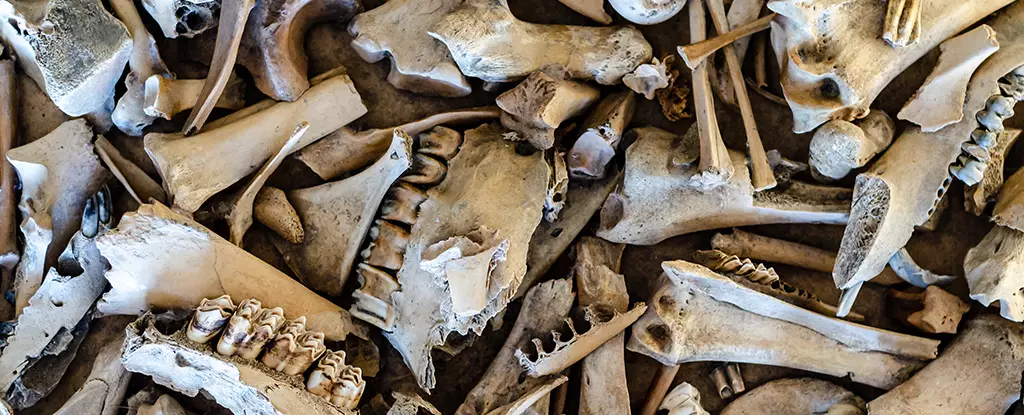For centuries, textbooks have largely depicted Neanderthals as brutish, instinct-driven beings—barely more than primitive cousins to modern humans. This antiquated view persists despite mounting evidence of their cognitive complexity and cultural sophistication. Recent archaeological discoveries challenge this simplistic narrative, revealing Neanderthals as resourceful strategists with a profound understanding of their environment. Far from being merely beasts of brute force, they engaged in organized, deliberate activities akin to early forms of management and planning. This truth compellingly questions whether our perceptions of these ancient people have been unduly biased and oversimplified.
Decoding the Neanderthal “Fat Factory”: Evidence of Strategic Resource Management
A groundbreaking discovery in Germany’s Neumark-Nord site underscores just how advanced Neanderthal survival strategies were. Over 100,000 bones from at least 172 large mammals bear signs of systematic processing—cut marks, intentional breakage, and evidence of fire—painting a vivid picture of a community engaging in precise resource extraction. The most astonishing aspect is their evidence of a deliberate “fat factory,” a place dedicated to rendering marrow and grease from bones. This was not incidental scavenging or casual but a highly coordinated effort that underscores their understanding of nutritional needs and resource maximization. Imagine a society investing time and effort into establishing specialized zones for processing food—an indicative behavior of strategic planning and resource control.
Reflecting on Neanderthal Intellect: Too Often Undervalued
This revelation urges us to reevaluate long-held assumptions about Neanderthal intelligence. That they were capable of sophisticated planning, as evidenced by their strategic resource management, suggests a cognitive capacity that rivaled early modern humans in many respects. Recent studies have shown Neanderthals practiced complex behaviors: swimming across rivers, brewing fermented beverages, and demonstrating signs of abstract thought and social organization. Such evidence dismantles the simplistic “brute” stereotype, emphasizing instead their adaptability and ingenuity. Their ability to manipulate their environment—caching carcasses, planning processing sites—indicates a level of foresight and strategic thinking previously underestimated.
The Tragedy of the Lost Potential: Why Homo Sapiens Survived
Despite this compelling intelligence, Neanderthals ultimately vanished around 40,000 years ago. While some argue they succumbed to the harsh realities of climate change or competition, the question remains: was their decline inevitable, or a consequence of broader social and environmental factors that we are only beginning to understand? Homo sapiens, with their more versatile social structures and technological innovations, outpaced and outlived their relatives. Yet, in doing so, humans inherited Neanderthal genes—an echo of their intelligence that persists today in our DNA. The unfortunate trajectory of Neanderthals highlights how survival is often as much about adaptability and opportunity as about raw cognitive potential.
Future Insights: The Promise of Continued Discovery
Every new excavation and technological advancement opens fresh avenues for understanding Neanderthal life. Sites like Neumark-Nord are key to unraveling how these ancient peoples interacted with their environment and each other. As research progresses, we might uncover further instances of their strategic behaviors, social structures, and cultural practices—elements that could reshape our understanding of what it truly means to be human. Their story is not one of mere extinction but one of resilience, innovation, and complexity—a narrative more fitting of respect than prejudice.
Critical Reflection: The Bias of Simplicity
Our tendency to dismiss Neanderthals as primitive underscores a broader societal bias towards modern human exceptionalism. This bias limits our appreciation for the diversity and sophistication present in our evolutionary history. Recognizing the true capabilities of Neanderthals does not diminish human achievements but instead broadens our understanding of what intelligence, culture, and adaptation can entail. This shift in perspective is crucial for fostering a more nuanced, less ethnocentric view of human origins—a view that recognizes wisdom and ingenuity across species and ancestors alike.


Leave a Reply